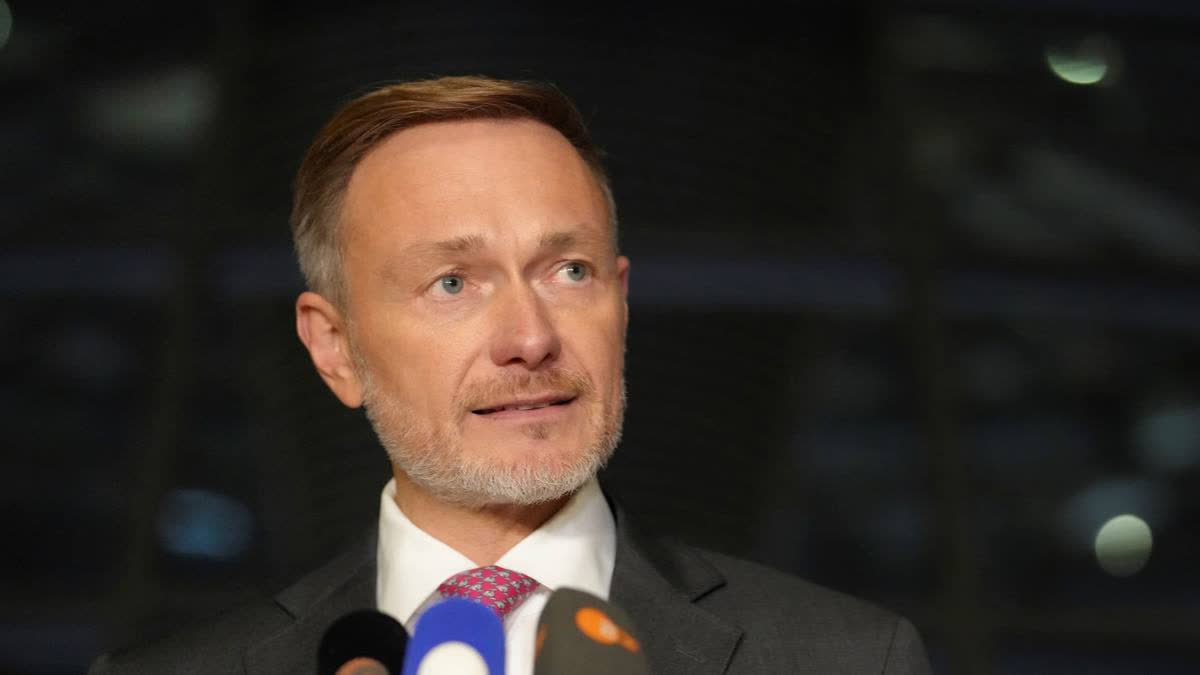Berlin: Germany enters a period of political uncertainty Thursday after its fragile three-party ruling coalition collapsed on the same day Donald Trump won the US election.
Chancellor Olaf Scholz -- who announced a January confidence vote, likely followed by snap elections in March -- will seek to reassure his European partners at a summit in Budapest.
Scholz said late Wednesday he would reach out to conservative opposition leader Friedrich Merz, who is leading in opinion polls, for support in passing crucial bills on the economy and defence.
The end of his fractious three-way coalition, which deprives him of a governing majority, could not have come at a worse time for Europe's biggest economy, which is set to shrink for a second year in a row.
"The early end of the coalition leaves Germany somewhat rudderless in what could be an exceptionally turbulent time right after Donald Trump won the US election," wrote Berenberg bank analyst Holger Schmieding.
But Schmieding said a snap election and new leadership in early 2025 may ultimately help as "the constant bickering within the now-defunct three-party coalition had turned into a major obstacle to growth".
Scholz heads to an EU summit in Budapest on Thursday to discuss multiple global crises, chiefly Ukraine's war with Russia and the Middle East conflict, all impacted by the looming change in the White House.
EU leaders are gathering for the talks hosted by Hungarian Prime Minister Viktor Orban, a Trump supporter and one of the EU's main sceptics of support for Kyiv.
'Petty political tactics'
After months of bitter infighting, the three-way coalition between Scholz's Social Democrats (SPD), the Greens and the business-friendly Free Democrats (FDP) finally broke apart on Wednesday night.
In a shock power move, Scholz sacked his troublesome finance minister Christian Lindner, forcing the FDP out of the coalition and leaving the SPD and the Greens ruling in a precarious minority government.
The German leader said he would seek a vote of confidence by January 15 so lawmakers can decide whether to call early elections which could be held six months earlier than a previously scheduled September vote.
Until then, the minority government will only be able to pass some laws, on a case-by-case basis, if it wins opposition backing.
The usually softly spoken Scholz on Wednesday had strong words for Lindner, declaring there was no longer any "basis of trust" between them.
